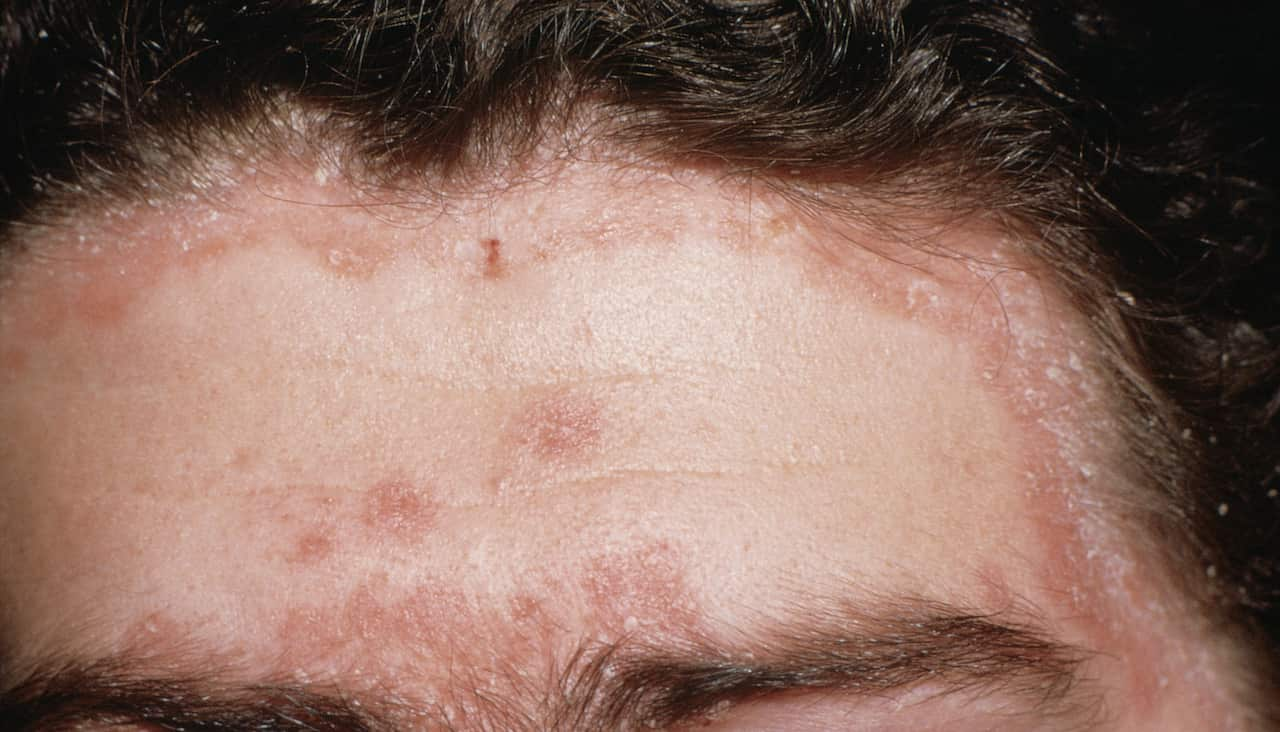My head is itchy. Worse than that, it’s tight, tingling and painful.
I scratch it; pieces of skin flake all over me and, because I’ve broken the skin, my scalp starts to weep.
I get it. I’m weeping, too. And I’m one of the ‘lucky’ ones; my psoriasis is just on my scalp, while some people have it covering their limbs and other parts of their body.
As World Psoriasis Day was on October 29, now the perfect time for sufferers like myself to help others understand this condition.
How does psoriasis affect people?
Psoriasis is an autoimmune disorder that affects around 125 million people worldwide.
It’s managed differently in various countries and cultures. When the Psoriasis Foundation put together a cultural study for the World Health Organisation, they found:
- In some countries, such as China, it’s assumed that psoriasis is contagious. This causes exclusion from schools and workplaces, resulting in embarrassment and anxiety.
- A woman in Pakistan reported that it affects her family as well as herself, and those close to her often ask her to undergo harsh treatments in an attempt to be “normal”.
- In countries where medical expenses are high, it can be difficult to access treatment for psoriasis.
“The cause can be either stress, hormones, metabolic or genetic factors; all of these things increase inflammation in the body,” explains Chinese medicine doctor Irene Prantalos. “As a result of that inflammation, the immune system reacts and triggers the skin to shed at a much faster rate.”
“Instead of shedding at a 28-day cycle, the skin sheds every four days.”

How to get relief from psoriasis
While no one knows the cure for psoriasis, there are definitely ways to ease the discomfort or even go into remission.
Dietary changes
Prantalos says: “when someone with psoriasis has, for example, sugar or cow’s milk, has a different immunological response than someone who doesn’t have psoriasis. It triggers inflammation, and we need to accept those physiological differences rather than just eating the same as others around us”.
“The big dietary triggers are alcohol, sugar (most people with psoriasis are insulin resistant), dairy, gluten and refined carbohydrates.”
Stress management
“Stress is a BIG one,” Prantalos adds. “Stress increases your cortisol, which increases your inflammation. Stress can even switch on the gene; some people who didn’t have psoriasis before will go through a massive life event that causes a lot of stress and will suddenly have psoriasis.”
“It’s important to calm the nervous system down and relax the body through things like meditation or walking.”
I can relate to this: my psoriasis is markedly worse when I’m stressed out or pushing myself too much. Meditation has been a game changer for me, and I can physically feel the skin tightness easing when I take 10 minutes out to settle my mind.
Other forms of relief
Prantalos explains that getting yourself into salty seawater is really helpful (although it can sting).
Sun is known to help psoriasis, but be careful not to expose your skin to the sun for extended periods of time or in the middle of the day. Sunburn definitely doesn’t help.
Some people find relief from topical creams, which are prescribed by a GP or dermatologist. Using natural products on your skin can also give some relief, I’ve found. Gentle shampoos and moisturisers can be better on psoriatic skin than other common cosmetics.
The point is: “Your body is in a constant state of rejuvenation, and it can repair if you give it the right treatment (which is different for each person),” Prantalos says.
There is hope.

